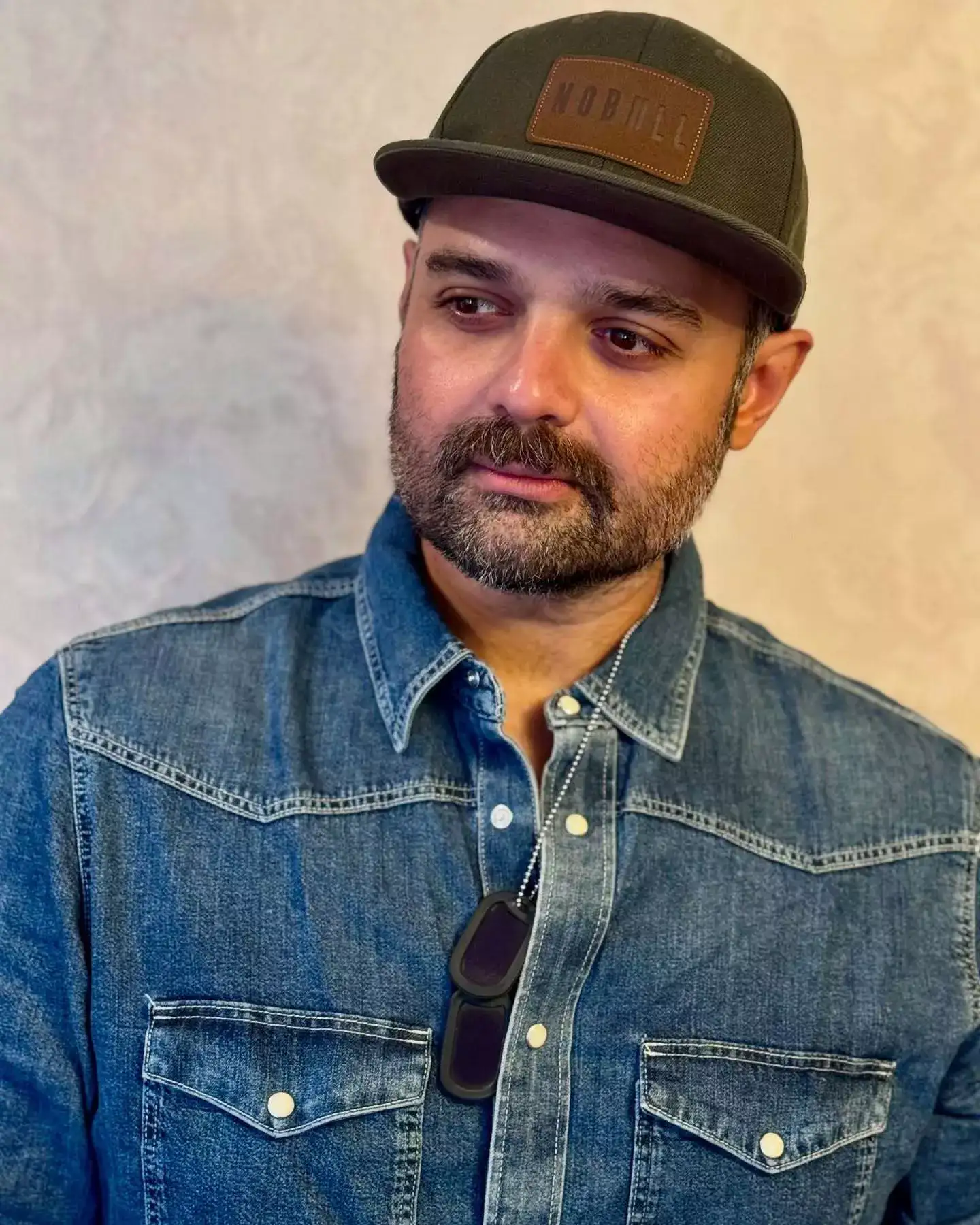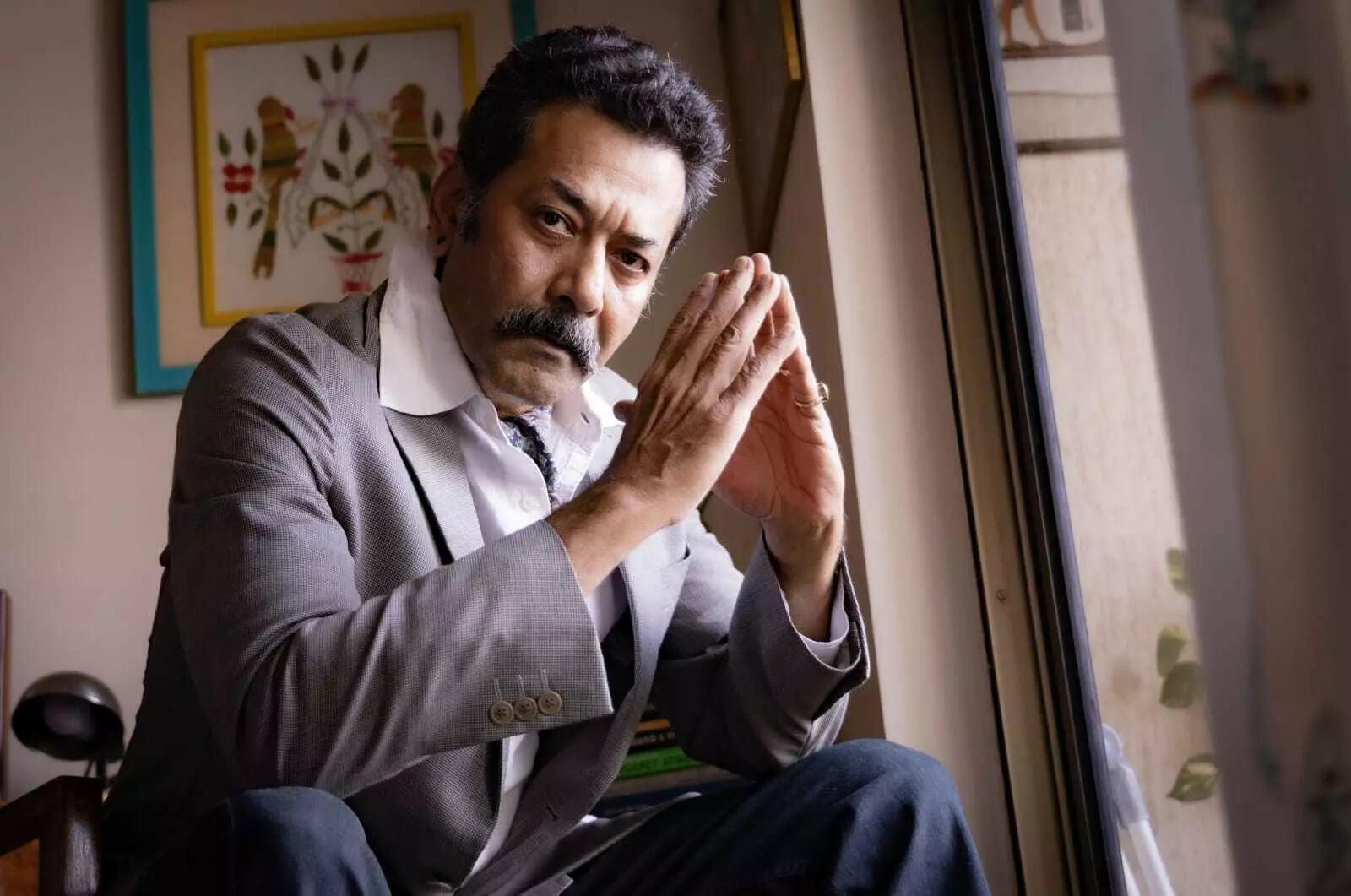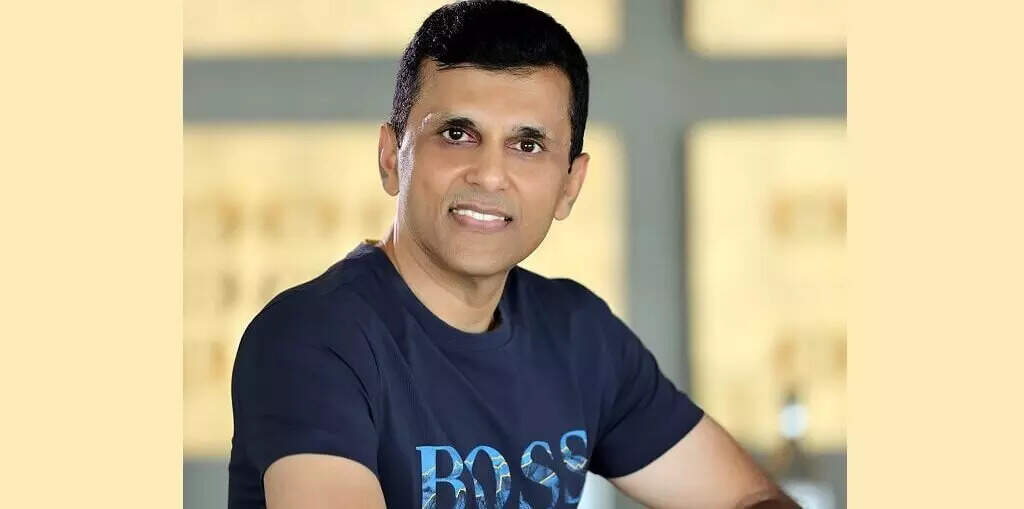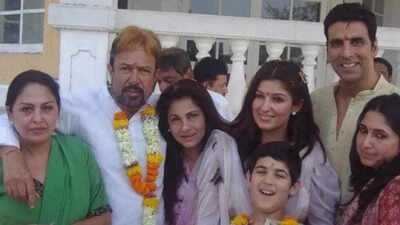
Bollywood has always been an industry of extremes — where one Friday can turn a struggling actor into a household name, and the next can erase years of hard work. The cycle of success and failure is relentless, and how actors and creators handle it defines not only their careers but also their sense of self.In this ETimes feature, we speak to Mahaakshay Chakraborty (Mimoh), Deepraj Rana, Suchitra Krishnamoorthi, producer Anand Pandit, Shernavaz Jijina, and Alexx O’Nell about how they psychologically, professionally, and socially navigate the highs and lows of the Hindi film industry. Their reflections reveal a mix of resilience, detachment, humility, and sometimes sheer acceptance of destiny’s role in showbiz.
Success: a mirror or a mirage?

For many actors, success doesn’t always change who they are, but it dramatically alters how people around them behave. Mahaakshay Chakraborty, son of veteran superstar Mithun Chakraborty, is candid about this dynamic: “I think it’s more on the latter, that people around you behave. Because success, of course, makes you important and the center of attraction. But when you’re sitting at home in your shorts and slippers with messy hair, you’re still the same person. It’s always the people around you which make you feel, oh my God, you’re successful now. The ones who love you will always love you for who you are. The acquaintances are the ones who suddenly make you feel special.”Deepraj Rana, who has seen decades of shifts in Bollywood, echoes this thought but adds a caution: “Success does change you if you do not have the understanding to handle it with patience, calmness and by being grounded. People shower you with praises and importance when you are successful, but it depends how you take it.”Producer Anand Pandit, who has worked closely with stars across generations, offers a measured perspective: “If you see the examples of some of the most successful icons in the industry, you will see that they are truly grounded and humble. Success might change how people around you behave, but that should not cloud your focus. Storytelling is the king, not the individual.”Meanwhile, Shernavaz Jijina, who is best known as Shabnam Lala from Mirzapur, puts it simply: “I don’t think success changes who you are, it changes how people treat you. That’s why it’s important to keep a circle that values you, not just your last release.”Alexx O’Nell, who has been part of Indian cinema for nearly two decades, agrees but with a sharper outsider’s lens: “I think success in Bollywood, or anywhere really, doesn’t necessarily change you — unless you allow it to. What success definitely changes is how people around you behave. In India, the moment a film or series is deemed successful, you’re treated very differently. People who may not have acknowledged your work previously are suddenly interested in connecting. But that fades pretty quickly… until your next success.”Redefining what success really meansIf Bollywood’s metrics are box office numbers, awards, and popularity charts, then personal definitions of success often look very different.

Mahaakshay admits he once chased the traditional version of stardom but has matured into valuing peace over applause: “If you had asked me this question 8 to 10 years ago, it would have been a different answer. Today I’m a much more content man. Of course, who doesn’t want the 100-crore box office or awards? But even if I don’t get it, I’m fine. Success for me is waking up, making my cup of coffee, and being at peace. Everything else is temporary.”Deepraj Rana defines it in terms of authenticity: “For me success is living life on my own terms, staying true to my craft, and touching even a few hearts. The industry has its own standards of measuring success, and I respect it, but for me it’s about resilience and integrity.”Suchitra Krishnamoorthi, never one to mince words, strips away the glamour: “Film is one of the toughest businesses in the world. Actors’ success is more kismet than talent. Everybody works hard, but when stars align, they become successful. For me, being able to live life on my terms is more important than the world’s definition of success.”Anand Pandit ties it back to values: “Living by my deeply rooted value system is very important. Box office comes second. What gives me real satisfaction is when someone tells me a film I made stayed with them. That’s the kind of success that lasts.”For Alexx O’Nell, being an outsider with no industry lineage, success is measured in craft and connection: “For the industry, success is often reduced to numbers — box office returns, streaming figures, awards, even followers. Those things matter, but they can’t be the only measure. For me, real satisfaction comes when I know I’ve done justice to a role or when a song finally sounds the way I imagined it in my head. I ask myself: am I growing as an actor? Am I choosing projects that challenge me? Am I connecting with audiences in a meaningful way?”
Processing failure: the art of moving on
Every actor and filmmaker has faced a film that didn’t perform as expected. What stings is not just financial loss but the emotional investment.

Mahaakshay has learned detachment: “Every project is a part of me, but what happens to it is beyond my control. If it doesn’t work, that’s the rain stopping me from going to the gym. Why get disheartened by things outside my control? The more you’re invested, the more you get hurt. So I’ve learned to leave it to the universe.”For Deepraj, failure fuels growth: “Yes, it hurts when a film doesn’t do well, but I don’t dwell on it. It fuels me to grow and come back stronger. Setbacks don’t define me.”Suchitra Krishnamoorthi treats failure as a teacher: “Failure is a part of success. One cannot take either too seriously. In fact, failure is the best teacher — success can topple one’s head.”Anand Pandit admits what hurts most is disconnecting from the audience: “Nobody makes a film thinking it will fail. Financial loss is discouraging, but more crushing is the realisation that you failed to connect with the audience. That’s why I analyze what went wrong, but I move forward quickly because prolonged regret is dangerous.”Shernavaz believes in acknowledging disappointment without letting it linger: “It hurts when the effort doesn’t translate, but every project teaches me something. It’s important to acknowledge the disappointment but then move forward, otherwise it starts to affect your confidence.”Alexx O’Nell brings nuance as someone working in multiple industries and languages: “When a film doesn’t do well, I reflect: did I miss something in my performance? If yes, I learn. If not, I move on, because so many factors are beyond control. What hurts me most isn’t failure itself, but wasted potential — when you know a project could have been something special but doesn’t find its audience. That’s the hardest part, especially as an outsider, because every opportunity feels precious.”
Does Bollywood forgive failure?

Mahaakshay calls Bollywood a professional, not ruthless place: “Everybody is trying to fight their way to the top. If a producer is going to bank on me, I need to be saleable. Why should someone put money on me if I’m not? It’s not about friendship, it’s professionalism, and I admire that. Success or failure, I see it as part of the job.”Deepraj Rana takes a defiant stance: “Bollywood may not always be forgiving, but I don’t believe in waiting for forgiveness. The industry may be tough, but so am I. Real respect doesn’t fluctuate with box office results.”Suchitra Krishnamoorthi, interestingly, disagrees: “Bollywood is a very forgiving place. But you can’t demand treatment for past successes. It’s Friday to Friday. Being a good human being helps.”Anand Pandit sees it case by case: “We cannot generalise. Some actors fade away despite multiple hits, while others bounce back after many failures. Lasting success takes patience, resilience, and consistency. Amit ji’s ‘Zanjeer’ is the perfect example.”Shernavaz Jijina adds: “It’s not always forgiving, but the audience is. If you stay honest to your craft, they’ll welcome you again.”Alexx O’Nell describes it as a paradox: “Bollywood — and Indian cinema more broadly — is both deeply forgiving and brutally unforgiving. Audiences are incredibly generous: if they connect with you, they’ll welcome you back time and again. The industry machinery, however, is less patient, always chasing the next big thing. For outsiders, the stakes are higher because there are fewer opportunities and less room for error. But genuine relationships prove that trust and craft matter more than any single success or failure.”
What shapes an actor more: success or failure?

When asked to reflect on defining moments, most agreed that failures leave a deeper imprint.Mahaakshay is emphatic: “It was my failures. Success makes you less hungry. Failures drive passion. Every scar makes you stronger. My advice to young actors is — make failure your best friend. Embrace it, learn from it, and never give up.”Deepraj agrees that resilience matters more than trophies: “The industry can test your patience, confidence, and even your dreams. But with discipline and hard work, you can always find your way. Authenticity makes an actor unforgettable.”Suchitra refuses to be boxed into either: “I don’t see myself as successful or as a failure. I just hold my chin up and march on. Times change, seasons change — it’s about mental toughness.”Anand Pandit, again, stresses balance: “My value system has shaped me more than any single success or failure. To young actors, I’d say — don’t be afraid to fail, but also learn to manage success with humility.”

Shernavaz echoes the role of failures: “Both matter, but failure leaves a stronger mark. It humbles you and reminds you why you started. My advice: success and failure will come and go, but your growth as an artist is forever.”Alexx O’Nell: “Without doubt, my hardest failures! Success reassures you, but failure forces you to adapt — to learn languages, navigate cultures, and say yes to intimidating opportunities. My biggest successes are highlights, but it’s the failures that gave me durability.”In the end, Bollywood continues to test and teach its actors in equal measure — turning failures into stepping stones and successes into fleeting but precious rewards. For those who survive its churn, the real triumph lies not in the applause of Friday night, but in the resilience to face Monday morning with the same fire.As Mahaakshay Chakraborty puts it, quoting the cycle of life: “Every person rises only to fall and every person falls only to rise again. That’s the circle of life. We should cherish success but never fear losing it because everything is temporary.”






